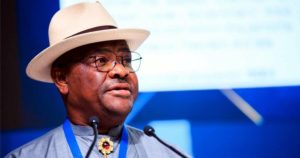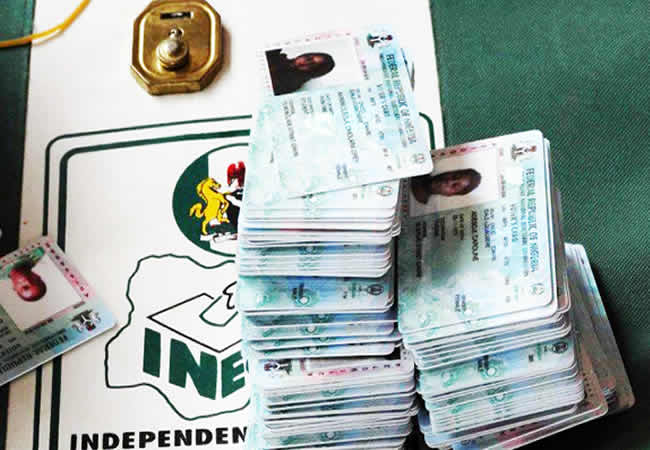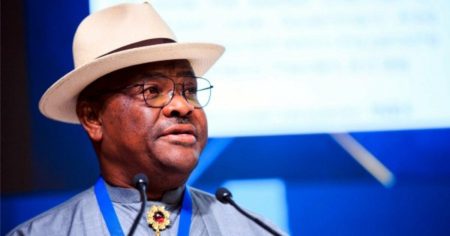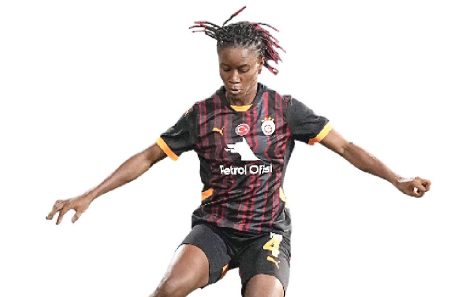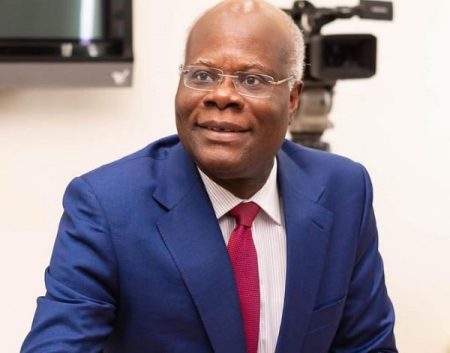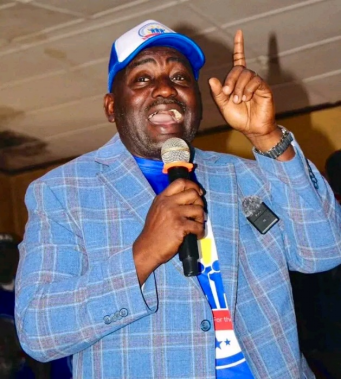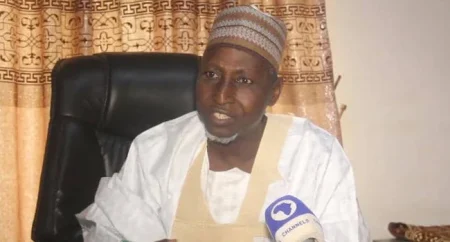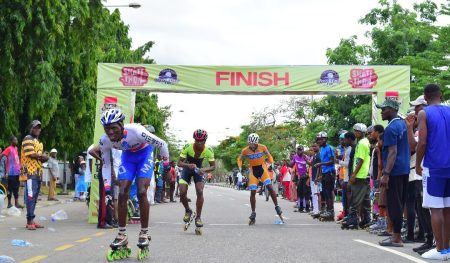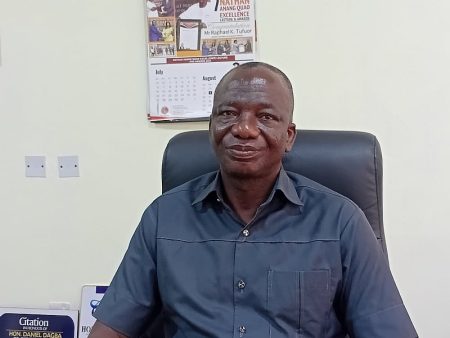The Imperative of Voter Participation: INEC Osun State’s Call for Media Collaboration in Voter Mobilization
The Independent National Electoral Commission (INEC) in Osun State has emphasized the critical role of the media in mobilizing eligible voters to register and collect their Permanent Voter Cards (PVCs). Recognizing the media’s influence and reach, INEC Osun State Resident Electoral Commissioner, Dr. Mutiu Agboke, appealed for media support in promoting voter registration and PVC collection. With a significant number of uncollected PVCs, INEC seeks to leverage the media’s power to educate and encourage citizens to participate actively in the electoral process. The commission aims to ensure that every eligible voter in Osun State is equipped to exercise their franchise in upcoming elections.
Bridging the Gap: Addressing Uncollected PVCs and Promoting Voter Registration
INEC Osun State has identified a substantial number of uncollected PVCs, posing a challenge to the goal of maximizing voter participation. Dr. Agboke unveiled a concerning statistic: out of 1,954,800 registered voters in Osun State, 360,794 PVCs remain uncollected. This substantial figure represents a significant portion of the electorate who, despite registering, cannot exercise their voting rights. INEC’s collaboration with the media aims to bridge this gap by disseminating information about the importance of PVC collection and providing guidance on how to retrieve them. The message is clear: “No PVC, no voting.” INEC emphasizes that possessing a valid PVC is the gateway to participating in the electoral process and making one’s voice heard.
Beyond Registration and Collection: The Media’s Role in Combating Electoral Malpractices
INEC’s call to the media extends beyond voter mobilization. Dr. Agboke highlighted the media’s crucial role in combating electoral malpractices. The media, as a watchdog of society, is strategically positioned to raise awareness about vote-buying, violence, and other electoral irregularities. By amplifying INEC’s message against these malpractices, the media can contribute significantly to a free, fair, and credible electoral process. The media’s ability to reach a wide audience makes it an invaluable partner in promoting ethical electoral conduct and holding perpetrators accountable.
Facilitating Seamless Voter Registration: Online and Physical Processes Explained
To streamline the voter registration process, INEC Osun State is offering both online and physical registration options. The online registration will commence on August 18, 2025, through the INEC portal: www.cvr.inecnigeria.org. Prospective registrants can complete the registration forms online and then visit their local government offices for biometric data capturing, which includes facial recognition and fingerprints. Physical registration will begin on August 25, 2025, across all 30 local government areas and the Modakeke Area Office in Osun State. The registration exercise will run daily from 9 a.m. to 3 p.m., and INEC emphasizes that the process is free of charge. No staff member is authorized to demand payment from registrants.
Preparing for the 2026 Governorship Election: Notice of Election and Key Dates
In preparation for the 2026 Governorship Election, INEC Osun State will release the official notice of election on August 13, 2025. This notice will be displayed prominently in all 30 local government offices and the Area Office in Osun State. This marks a critical step in the electoral calendar, signaling the official commencement of the election cycle. The announcement of key dates, including the registration period, ensures transparency and allows voters to plan accordingly. This proactive approach aims to prevent disenfranchisement and ensure a smooth and inclusive electoral process.
The Power of Partnership: INEC and the Media Working Together for Credible Elections
INEC Osun State’s appeal to the media underscores the power of collaboration in achieving credible elections. By working together, INEC and the media can amplify the message of voter participation, combat electoral malpractices, and create an environment conducive to free and fair elections. The media’s role goes beyond simply reporting on elections; it becomes an active participant in shaping the electoral landscape. This partnership is essential for strengthening democracy and ensuring that the will of the people is reflected in the outcome of elections.


